That happened this fall when someone posted, “Hey, did you see that photo of the moose swimming across Alder Pond on Facebook?” A flurry of excited chatter followed: “Is it the same one spotted in Westernville/Lee?” “No, that was a younger one.”
It’s a joy for everyone to see a moose — always from a safe distance. What’s even more exhilarating is witnessing more animals like them making use of landscapes between Tug Hill and the Adirondacks during their annual fall migrations.
These open spaces create a haven between Tug Hill and the Adirondack Mountains, full of climate-resilient forests, farms, fields, and wetlands. Large mammals like moose, black bears, and martens find everything they need: space, food, and water.
The timing is more critical than ever when we consider that a moose needs a range of 5 to 50 square miles, and martens can journey 2.5 to 25 miles to find new territories. It emphasizes just how vital expansive landscapes are for their survival.
Thanks to the collective efforts of community members, local towns, conservation organizations, and state agencies, we’ve managed to conserve over 3,500 acres in the past decade.
Much of this land is owned by local families, who have protected their lands using voluntary conservation agreements (called conservation easements). They continue to pay local property taxes, manage the land, and can sell or bequeath the land subject to the conservation agreement.
These lands have created the foundation for what will become a critical corridor for wildlife, allowing wildlife to travel freely between Tug Hill and the Adirondack Mountains.
But our work is far from over.
The threat of haphazard development and road expansion continues to loom over these critical habitats, risking fragmentation and loss of connectivity that could reverse these hard-won successes.
Why prioritize landscape-scale conservation?
While it’s crucial to protect specific sites with unique features, we must not lose sight of the bigger picture. The intricate web of habitats, waterways, and migration routes in Tug Hill demands a broader perspective.
Landscape-scale conservation ensures large, interconnected regions remain intact to better serve wildlife, water quality, and working lands.
Facing tomorrow’s challenges
Isolated habitats pose risks. Fragmentation disrupts animal movements and diminishes biodiversity. Add climate change to the mix, which forces many species to migrate, and the stakes get even higher.
It’s not just about the animals, either. These regions act as buffers against natural disasters, absorbing heavy rains and slowing down flooding.
Our goal for the upcoming year is clear: we need to strike a balance between thoughtful development and conservation. Together, with your unwavering support and assistance of the larger community, we can ensure Tug Hill’s beauty and biodiversity endure for future generations.
Did you know?
Moose are excellent swimmers and can hold their breath underwater for 30 seconds. They also are extremely fast, running at speeds of 35-40 mph. Yet they, like other wildlife in the Tug Hill, face challenges.
Moose are increasingly stressed by overheating, disease, and tick infestation—all tied to climate change and the related warming temperatures. This is true across the United States, from New Hampshire, Vermont, and Maine; to Minnesota and Michigan; and even Montana.
By conserving habitat, and slowing down climate change, we are all giving moose a chance to thrive.
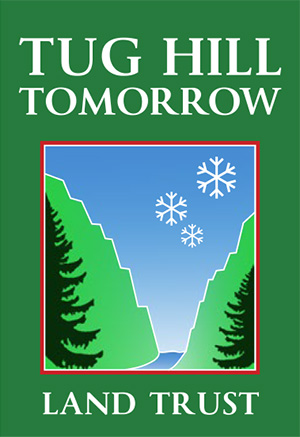
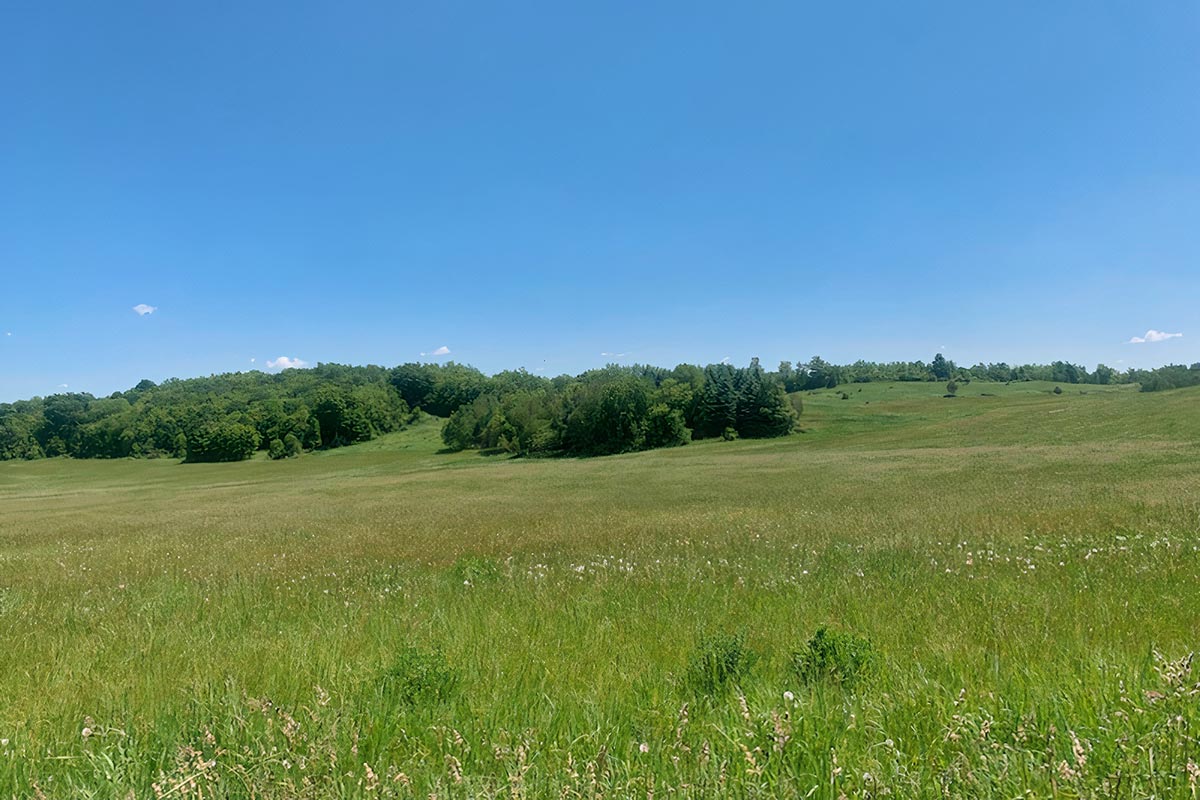
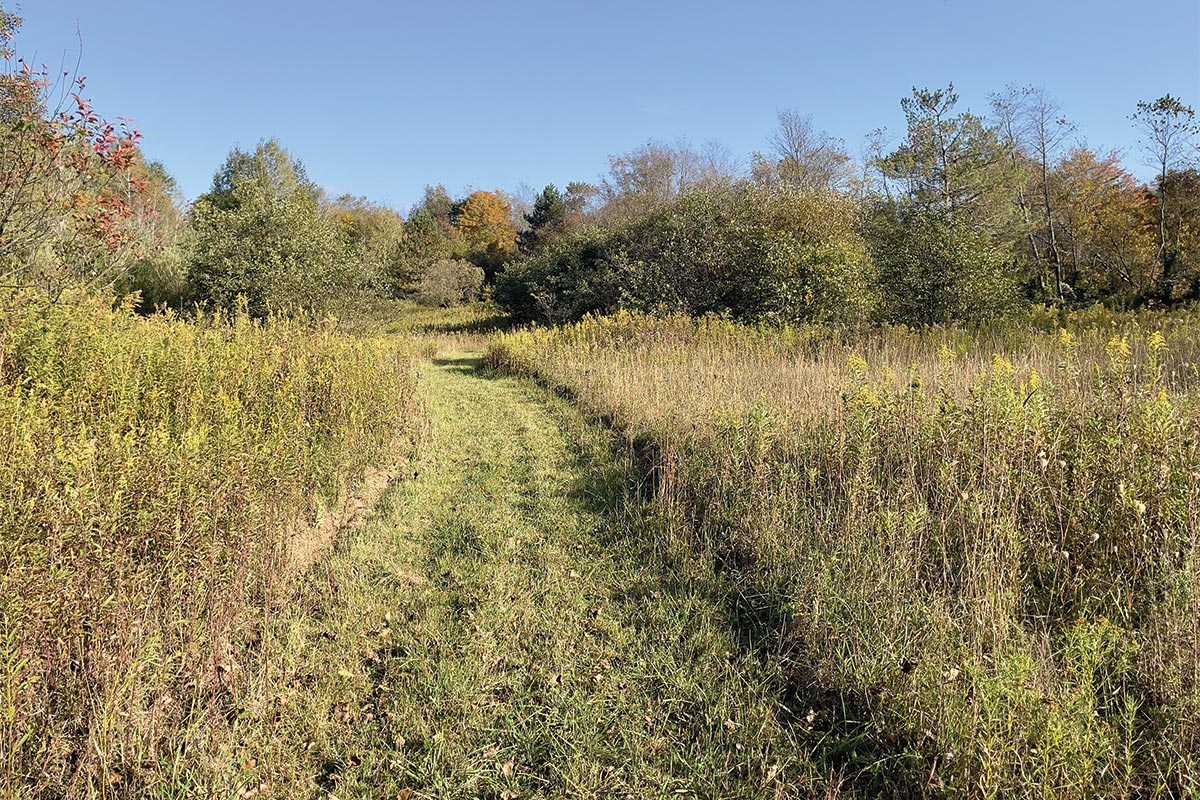
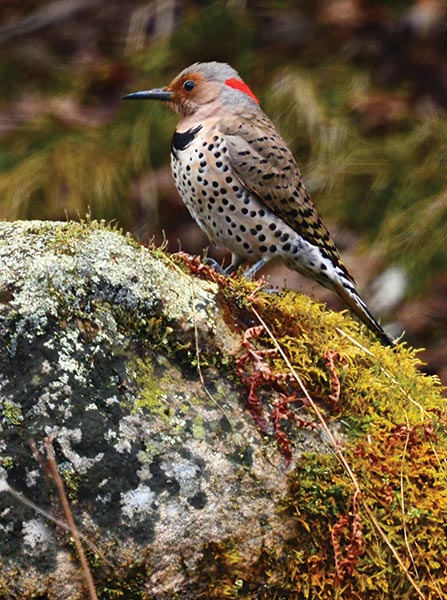
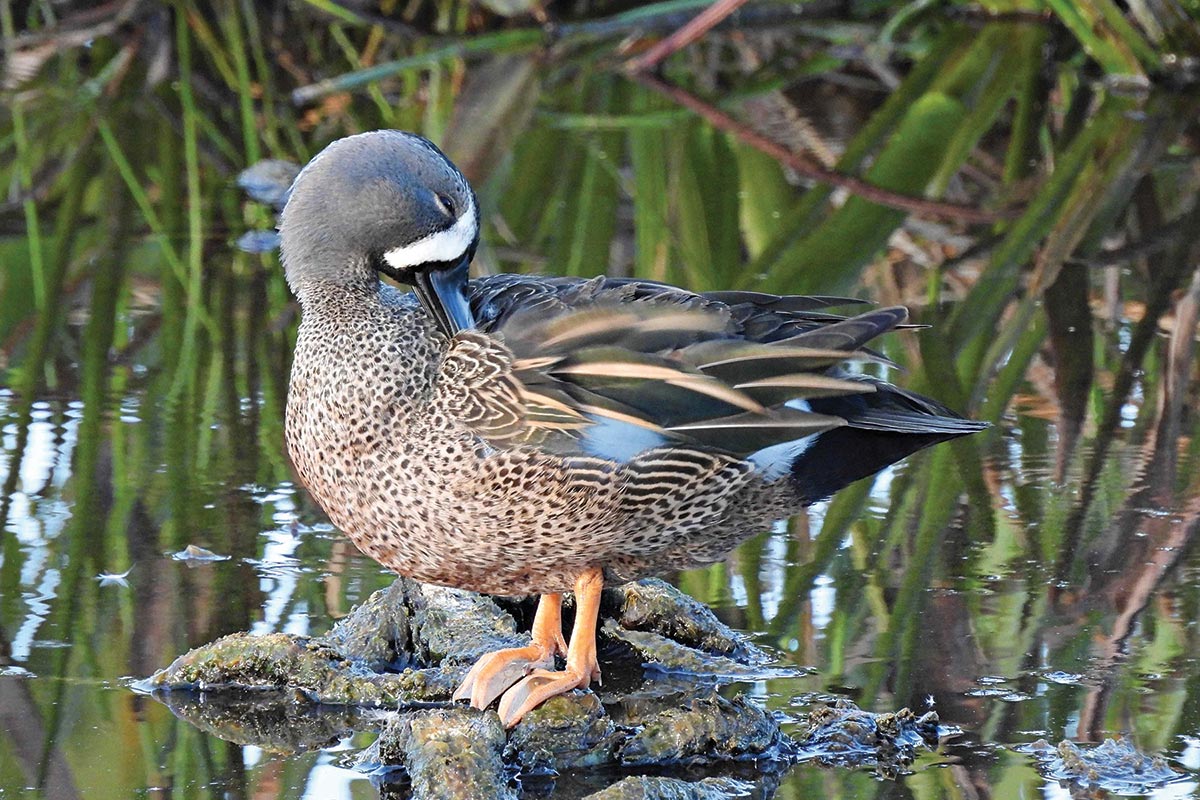
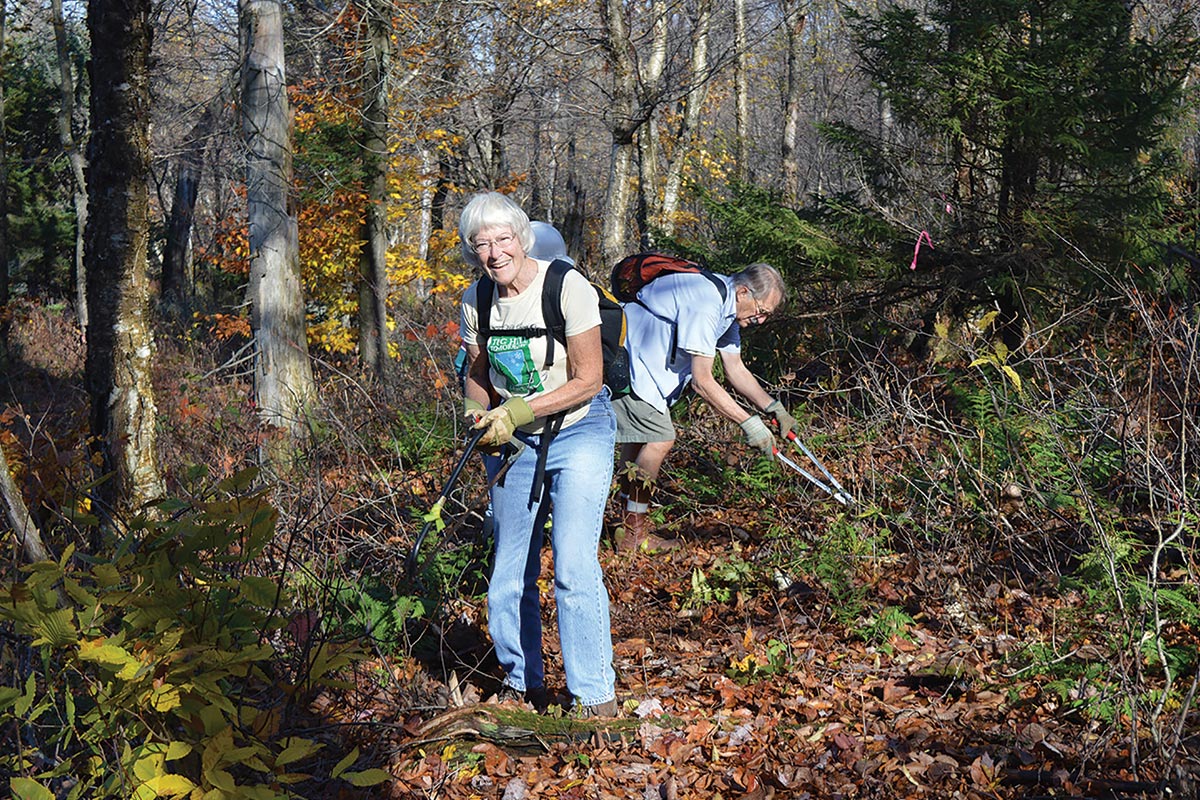
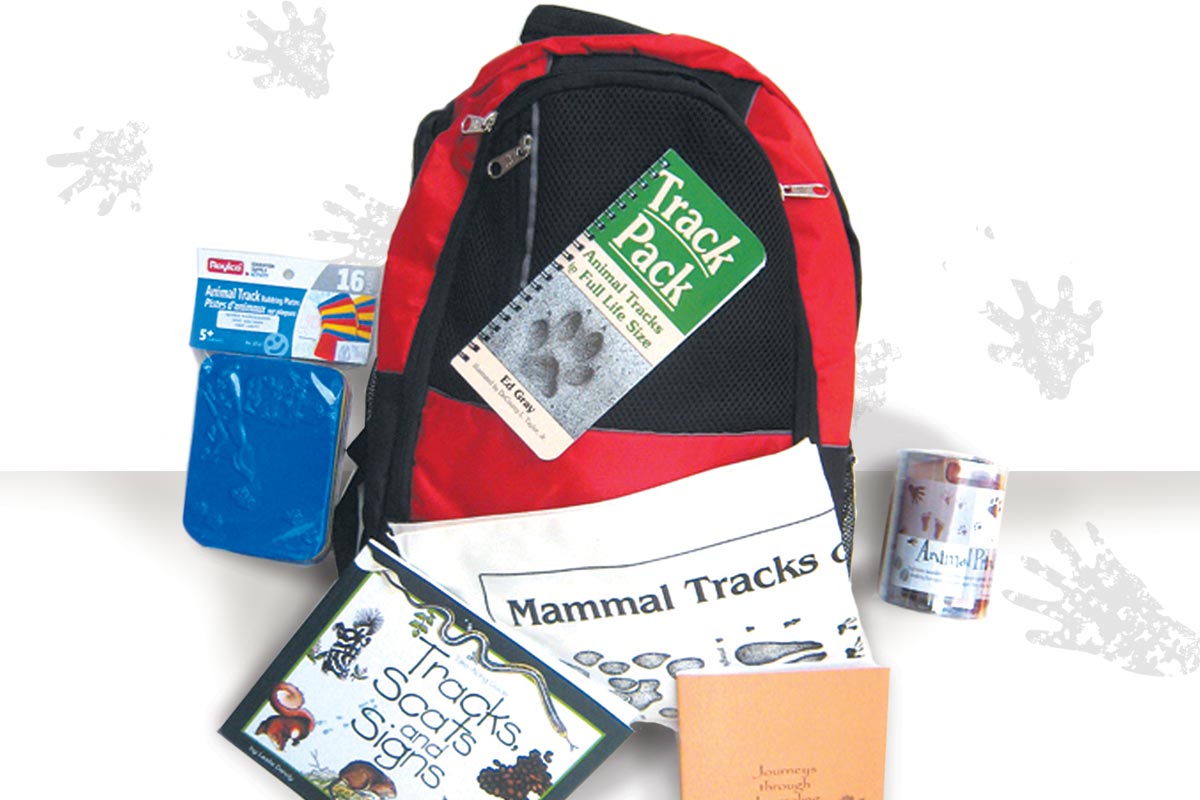
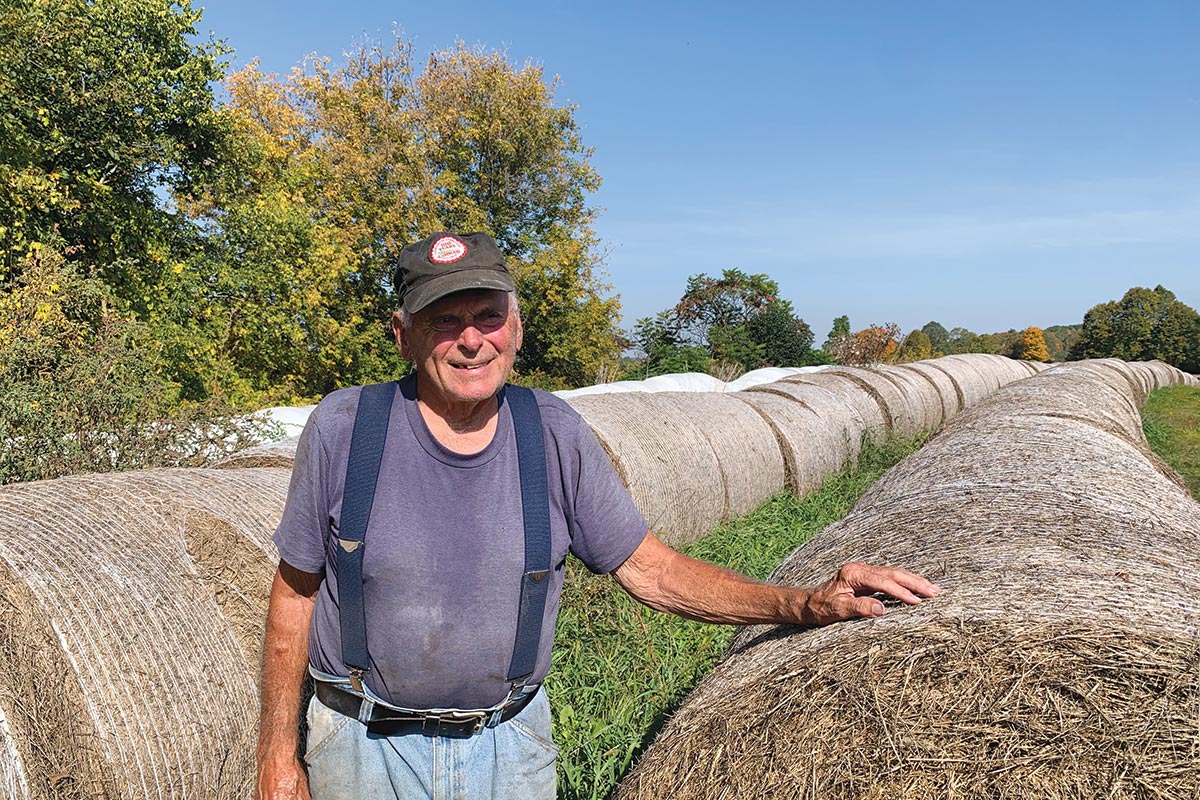
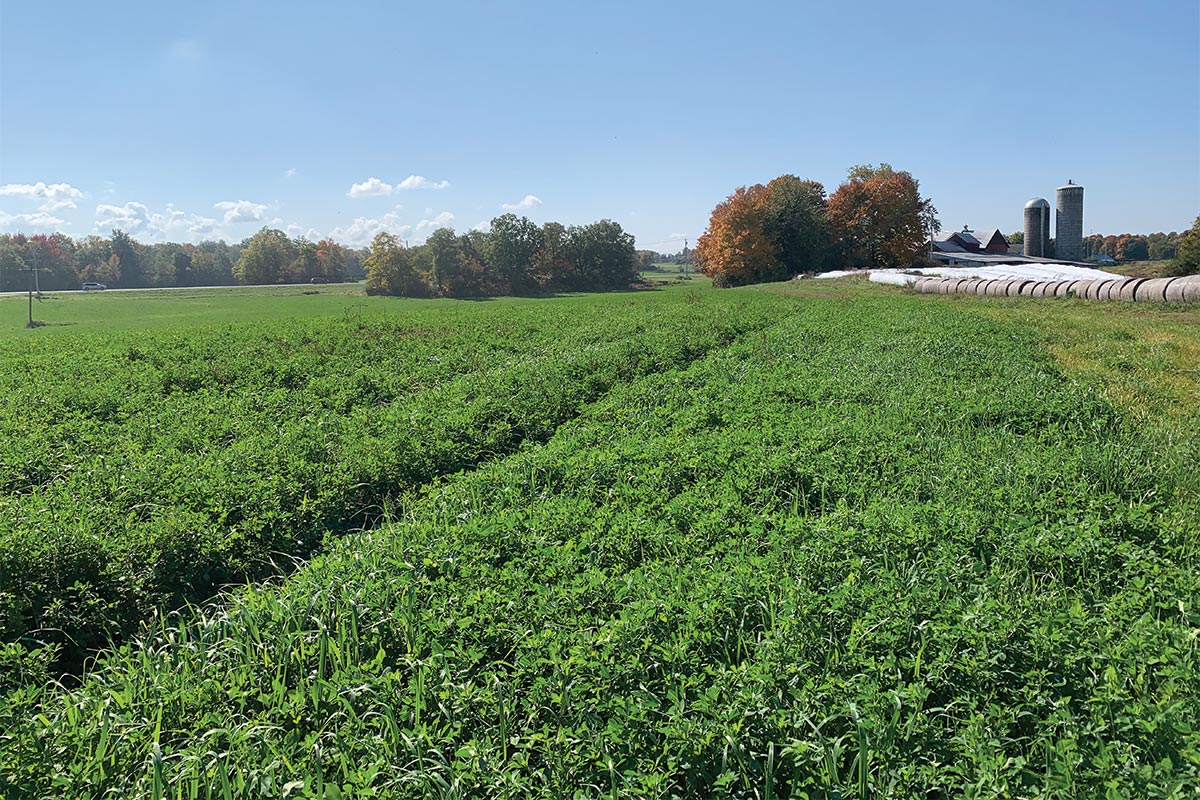

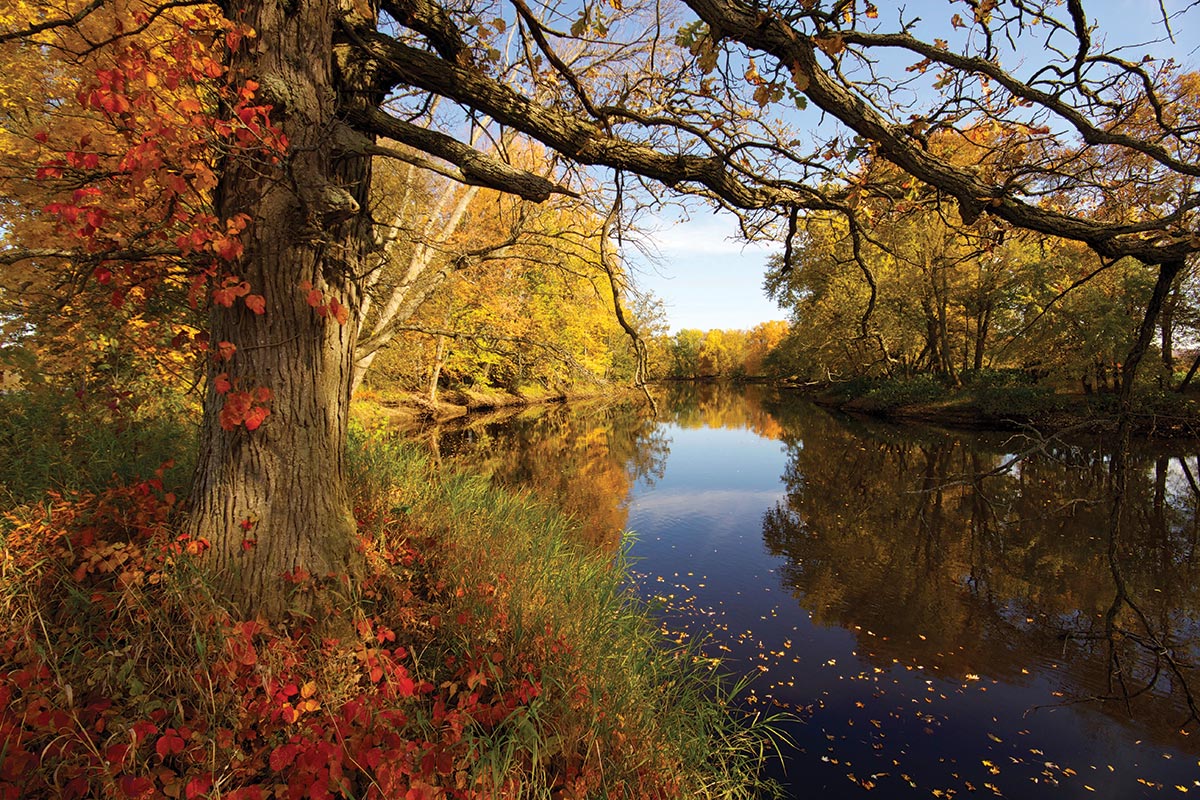
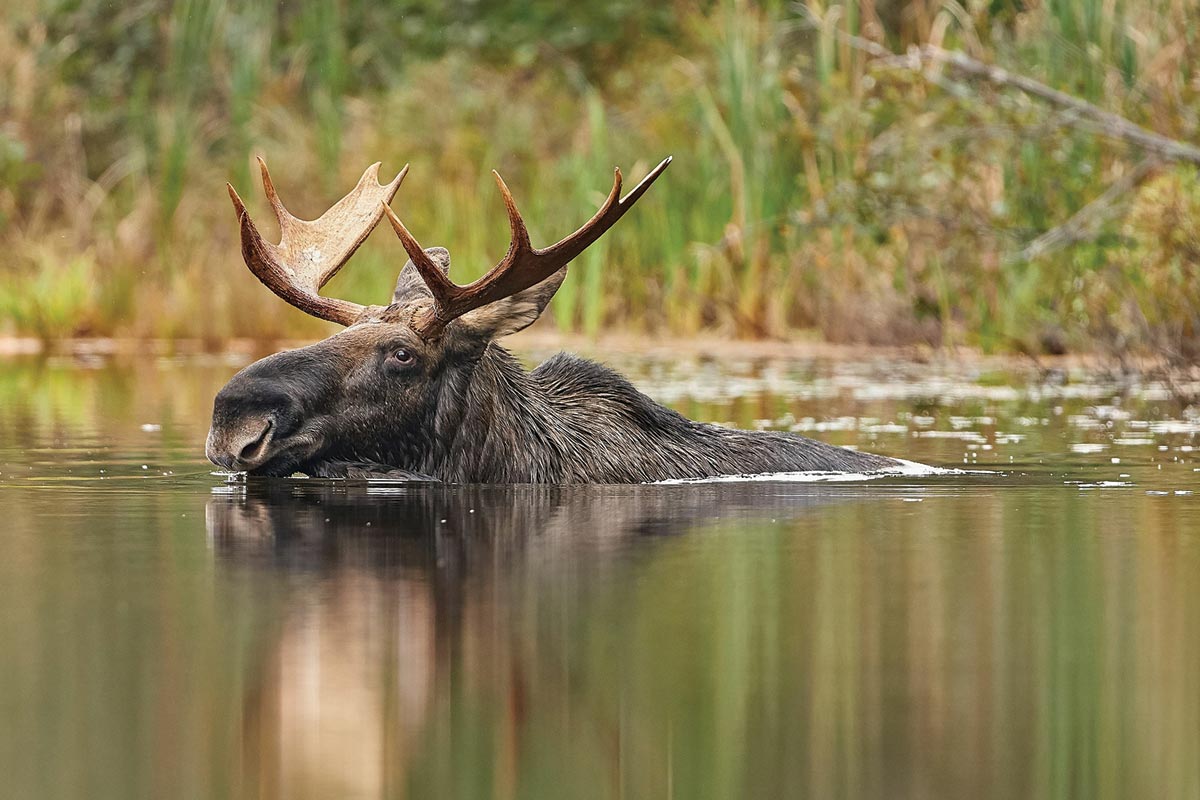
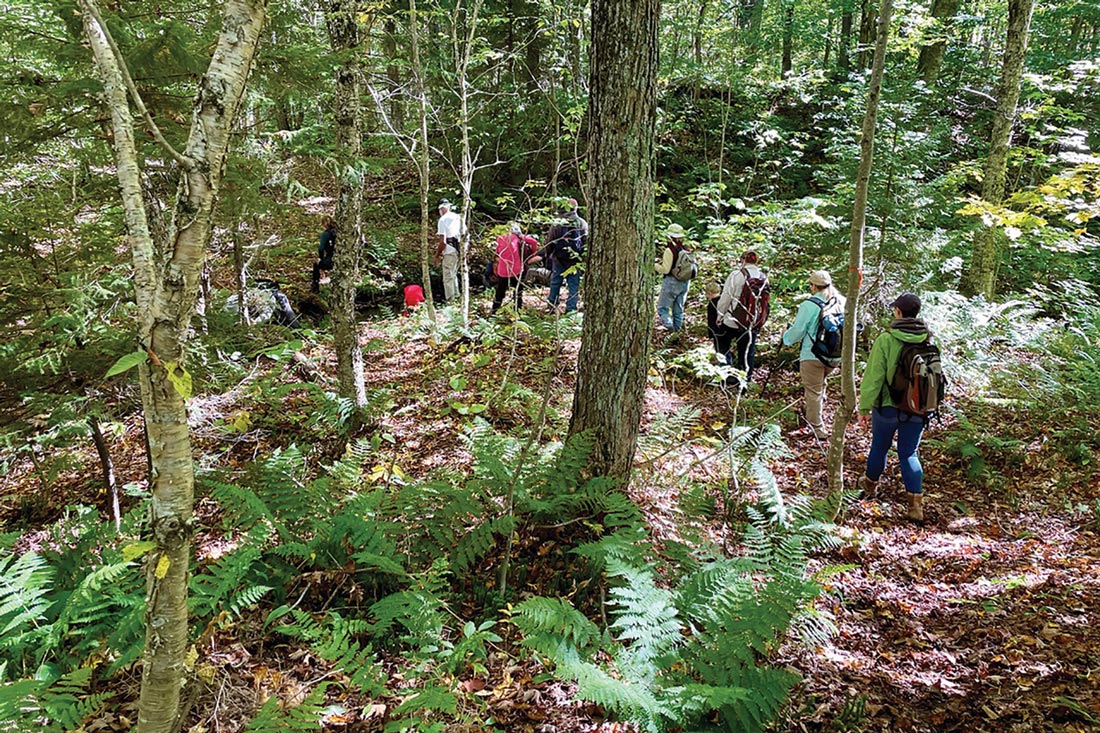
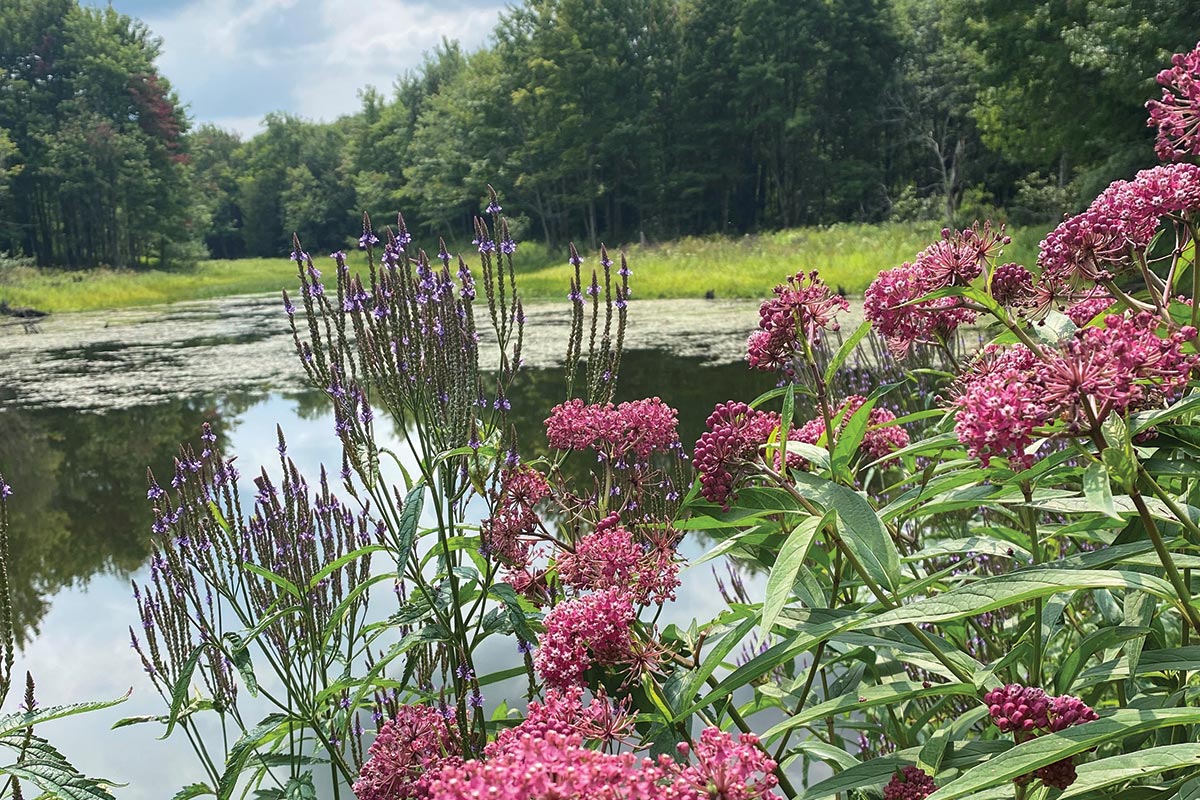
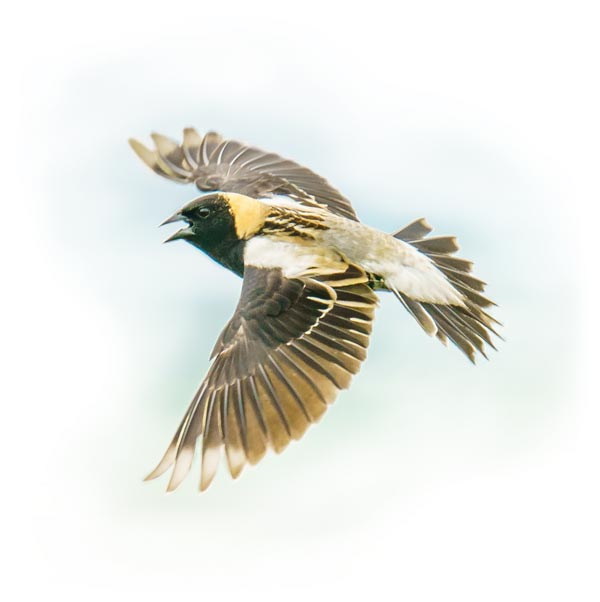
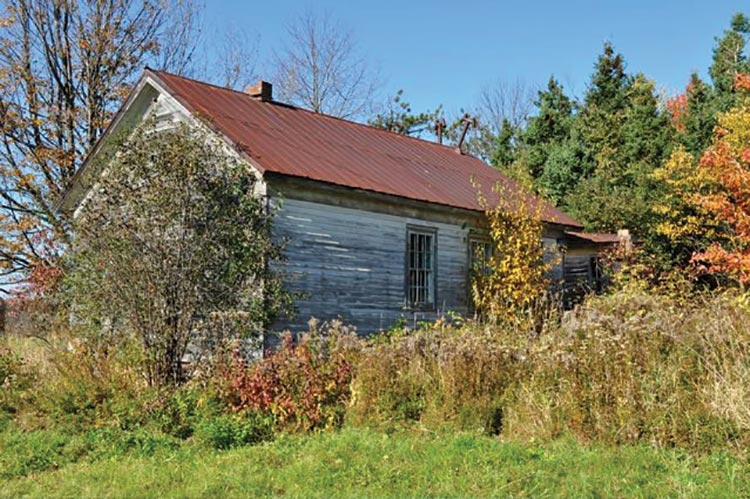 Mohawk Hill Public Conservation Area
Mohawk Hill Public Conservation Area